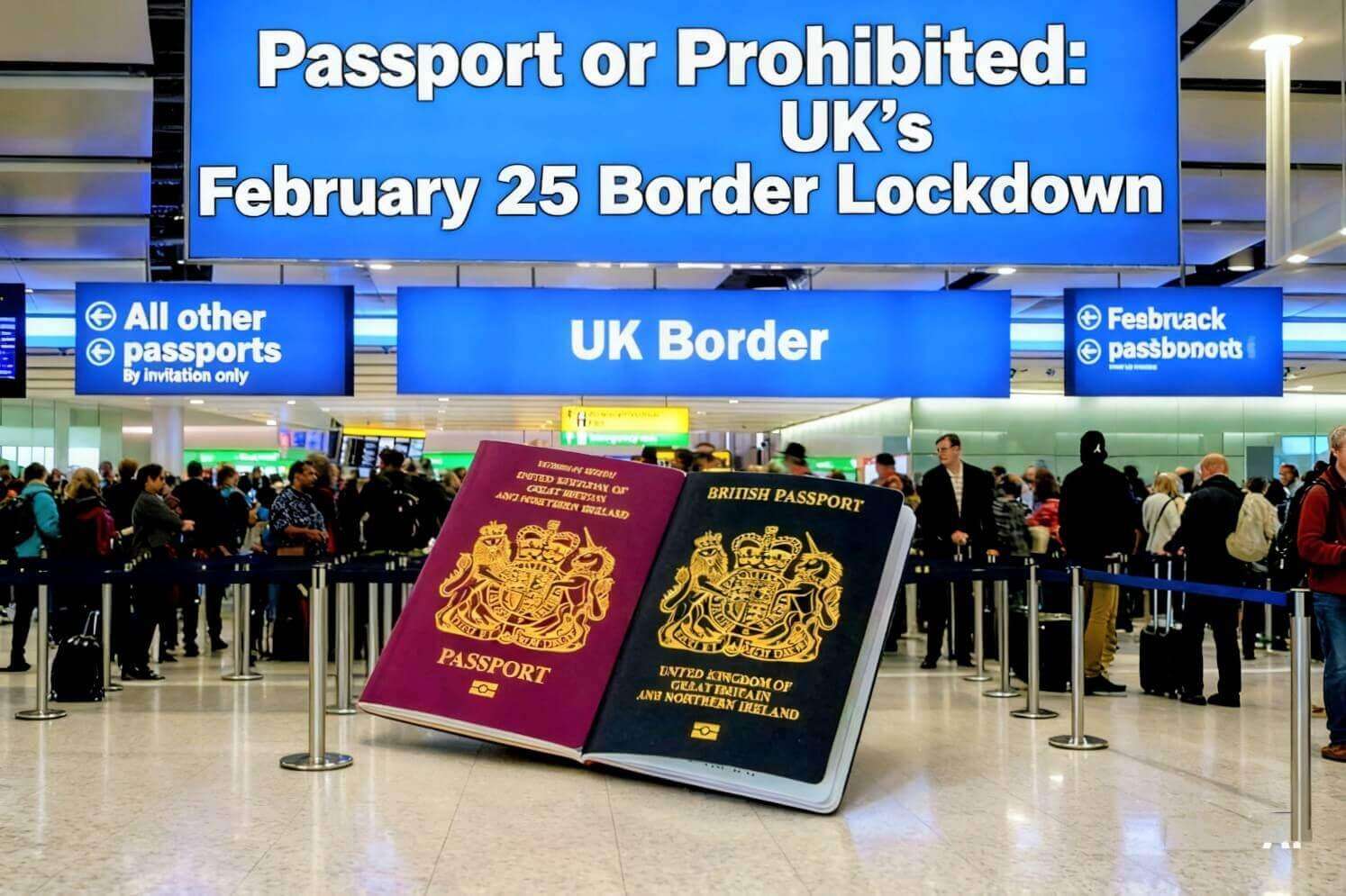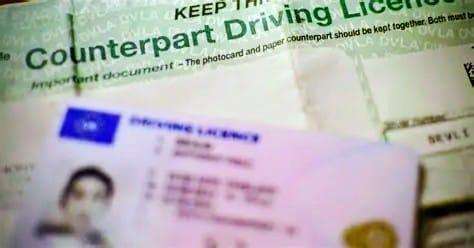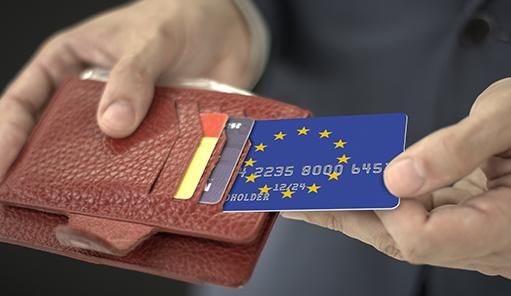In 2023, 89,037 non-EU people received EU Blue Cards, allowing highly skilled professionals with the required training and education to live and work in any of the 27 member states of the European Union.
According to data, the quantity of EU Blue cards awarded in 2023 climbed to a record high of 8.8% over the previous year.
Since the EU Blue Cards scheme's inception in 2013, more foreign workers have benefited from it than ever before, with the exception of the pandemic years of 2020 and 2021.
Indians received nearly a quarter of all EU Blue Cards in 2023
Indians were awarded 21,228 EU Blue Cards out of 89,037 overall, or 23.8% of the total. Russians and Turks received the second and third highest number of blue cards, with 9,488 and 5,803 cards awarded, respectively.
In 2023, a significant proportion of EU Blue Cards were awarded to citizens of Belarus and Iraq, accounting for 5.9 and 4.5% of the total.
Furthermore, the information shows that over 2,000 EU Blue Cards were given to nationals of China (3,792), Pakistan (2,408), Tunisia (2,575), Egypt (2,529), and Ukraine (2,743).
Germany Issued Most EU Blue Cards in 2023
Without a doubt, Germany will be the top-issuing nation in the EU for EU Blue Cards in 2023. Authorities in Germany issued 69,353 EU Blue Cards to non-EU nationals, accounting for 77.9% of the total.
Poland issued 7,402 EU Blue Cards, or 9.2% of all EU Blue Cards, making it the second-highest issuing nation. Following with 3,912 and 1,710 cards issued each, respectively, are France and Lithuania.
However, Cyprus issued no EU Blue Cards in 2023, while Hungary issued the fewest, at just 17. Other nations that only received a tiny number of these cards were Slovakia (24), Malta (31), Greece (28), Portugal (26), and Estonia (25).
In order to attract more highly qualified individuals, several Schengen states have made it easier for non-EU workers to come to the EU, simplifying their rules. For example, Greece has allowed third-country nationals under a visa-free regime and those with short-stay visas to apply for the EU Blue Card.
Estonia also made some changes, allowing foreigners with professional experience to apply for the scheme. At the same time, Croatia has decided to double the validity period of the EU Blue Card from the current two to four years.








.svg)

